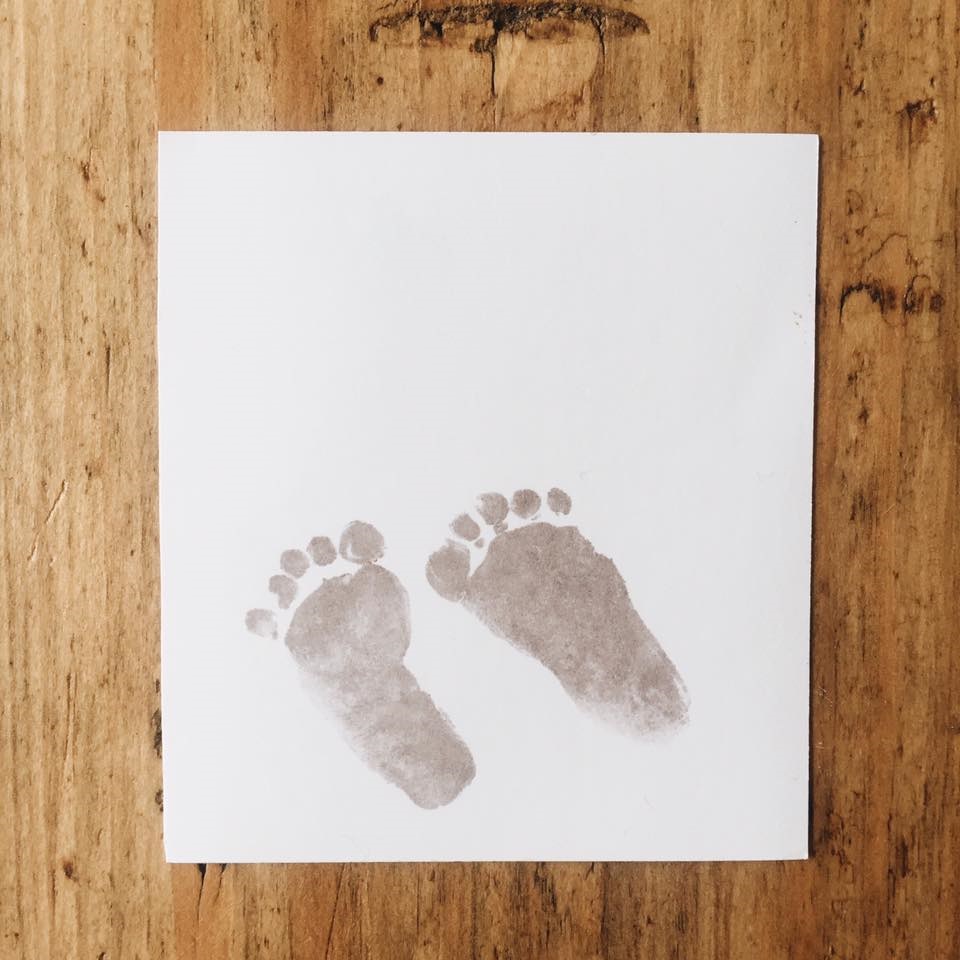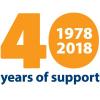As part of Sands 40th anniversary this year, we will share 40 stories by 40 parents, family members and friends affected by the death of a baby. Starting during Sands Awareness Month and our #FindingTheWords campaign, we aim to show the sheer number of people who are affected by the tragedy of a baby’s death, help other bereaved parents to understand they are not alone and raise awareness of the issues surrounding stillbirth and neonatal death. Visit our 40 stories for #Sands40 to view other blogs in the series.
My waters broke on the Tube on 8th June 2017.
I was rushed into hospital and two days later our son, Altair, was stillborn at 21 weeks. Tiny but perfect in every way. This was my first pregnancy after years of infertility, conceived on our fourth cycle of IVF.
Despite having worked as a doctor for nearly 20 years, many of those years working in research on women’s health, it never occurred to me that I might not get to take my baby home.
The grief of losing your child is unimaginable. You’re not only grieving the present, but a future that’s left unmade. A lifetime of milestones that will never be reached.
Our grief was made worse by the fact that we lost Altair at 21 weeks - technically a late miscarriage. This meant that he did not have a birth or death certificate. It meant that I was not entitled to maternity leave, and was back at work within weeks.
I think it also meant that people around us didn’t quite grasp what had happened.
When people hear the word miscarriage I don’t think they realise that we had gone through a traumatic 48 hour labour, held his body, made decisions about his body, and organised our son’s funeral.
I now describe Altair as having been stillborn as I want people to know that he was born. That he was here.
Dealing with baby loss and infertility is complicated. You’ve often already endured years of grief over the loss of your fertility and dreams of having a family.
Like many bereaved parents, we were desperate to try for another baby. Well-meaning people reassured that us that we could ‘try again’.
But for us that involves lots of doctors, medications, scans and money. And of course, there’s no guarantee that it will be successful. Sometimes it’s felt like we’ve been fighting on all fronts. Moving forward with IVF whilst grieving is really hard, physically and emotionally.
Our bereavement midwife has been a great source of support, holding our hands through the very early days.
I’m also connected to an amazing group of women who have lost babies, through Instagram. Many of these women have become close friends – there is really nothing like being supported by someone who has walked in your shoes.
On 10th June 2018, we celebrated the first anniversary of Altair’s birth. We have managed to reach a place where my husband (Ian) and I feel at peace. Joy has come back into our lives. We have found a way to continue IVF and hold on to hope.
In the meantime, it’s important for me to share our story and to end the silence around baby loss. It happens. It’s tough. We need to find ways of talking about it.
If our story can make one other person feel less alone, then it means that our son’s death was not meaningless.
In memory of Altair Taylor, 10 June 2017.

Photo: Baby Altair's footprints.
15 babies die before, during or shortly after birth every day in the UK. We want to reduce this number, but we need your help. Support Sands now to help ensure a bereaved parent doesn't have to cope alone. Thank you.

